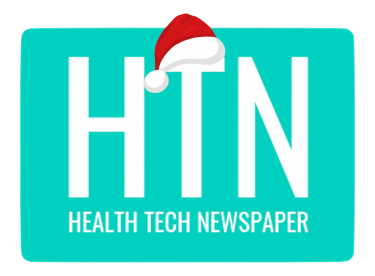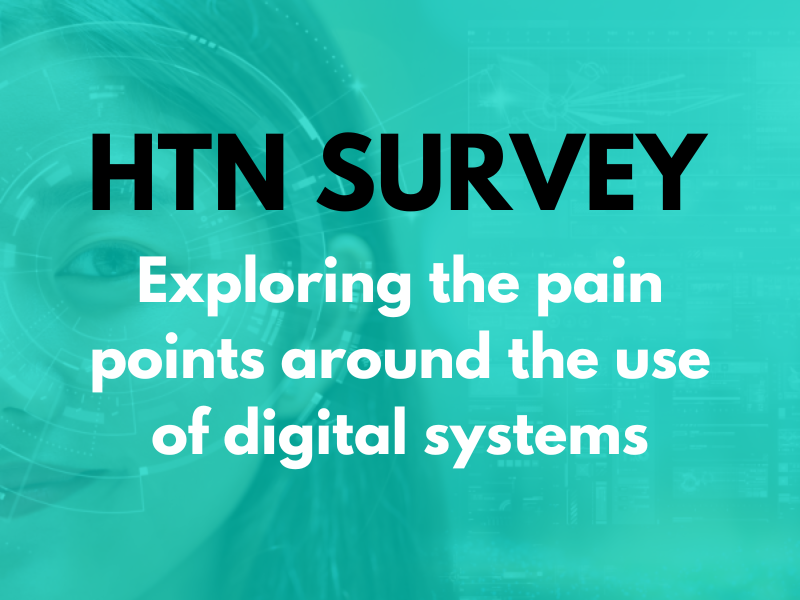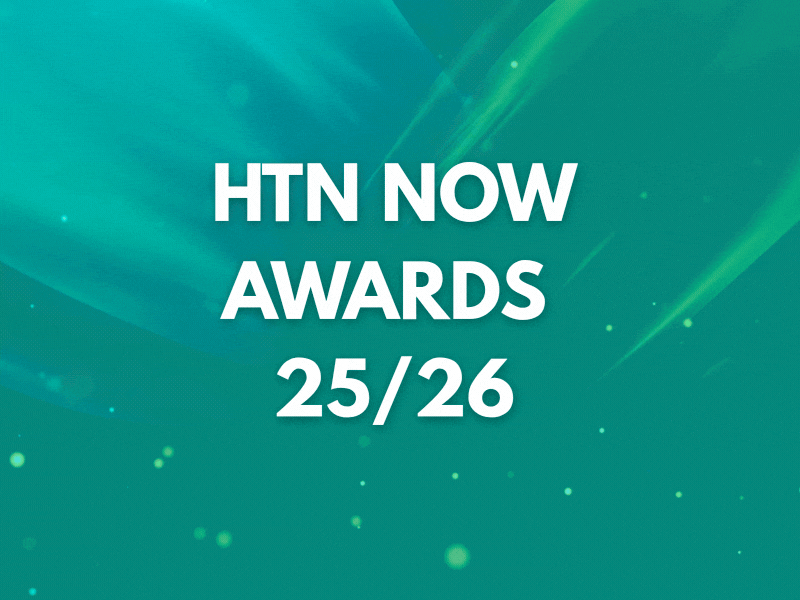YouTube has announced plans to introduce new features that will platform authoritative health information from trusted sources and help users to locate and identify reliable content.
Aimed at the US audience for now, Dr Garth Graham, the Director and Global Head of Healthcare and Public Health Partnerships for YouTube, detailed the move in a post on the social media and video sharing behemoth’s blog platform, in late July.
Dr Graham, a trained cardiologist and a former Deputy Assistant Secretary at the US Department of Health and Human Services during Bush and Obama administrations, joined YouTube in January 2021, to lead a new team dedicated to connecting people around the world with credible health information via the global platform.
“We’re putting health professionals at the core of our efforts to connect people with helpful content,” wrote Dr Graham. “In our increasingly digital world, the next phase in health communication is video, where we can connect with people and answer their questions in a way that is both visual and personal.”
Citing the platform’s partnerships with the likes of the Boston-based non-profit hospital, Mass General Brigham and the American Public Health Association, as well as ‘engaging, evidence-based videos’ from organisations such as the Stanford Center for Health Education and the National Alliance on Mental Illness, Dr Graham sought to show how YouTube intends to highlight high-quality, educational health content.
The two ways it intends to “surface credible and relevant health information for people in the United States” are by adding new features next to some “health-related searches and videos”, such as:
- ‘Health source information panels’ on videos to “help viewers identify videos from authoritative sources”
- ‘Health content shelves’ that highlight videos from authoritative sources when searching for “specific health topics”.
“These context cues”, Dr Graham explains, are “aimed at helping people more easily navigate and evaluate credible health information.” However, users will still be able to find videos from “a range of sources” in their search results.
To help with identifying the most useful, relevant and ‘correct’ sources of information for inclusion in these new features, the team were guided by the National Academy of Medicine’s ‘Principles for Defining & Verifying the Authority of Online Providers of Health Information‘, devised by an expert panel at YouTube’s request.
“This is our first step towards identifying and designating authoritative health sources on YouTube,” said Dr Graham, adding that his team were “exploring ways to broaden eligibility and evaluate inclusion of other health sources,” as well as “ways to expand these features globally.”
During a time when the role of social media giants – regarding how misinformation about COVID-19 and related vaccines has been shared across the internet during the pandemic, and the resulting potential impact on public behaviours – has come under the microscope, there have been moves made by some of the biggest names to address this.
Earlier this year, YouTube – which is owned by Google – also announced through a blog by Dr Graham that it was “committed” to leveraging the platform to “help make the science of COVID-19 vaccines easy to understand and more accessible to people all over the world” by ‘raising up’ authoritative information from health and community organisations, investing in a “multimillion-dollar campaign to address vaccine hesitancy” and connecting creators with “trusted health experts” to “reimagine how vaccine information is shared.”
Elsewhere, in other recent Google and health-tech related news, Google Cloud has also announced the private preview of a new solution called the Healthcare Data Engine, which it says will enable interoperability by linking up data from medical records, trials and research to give clinicians and health professionals access to real-time information on patients and ‘holistic’ overviews of their organisations.






